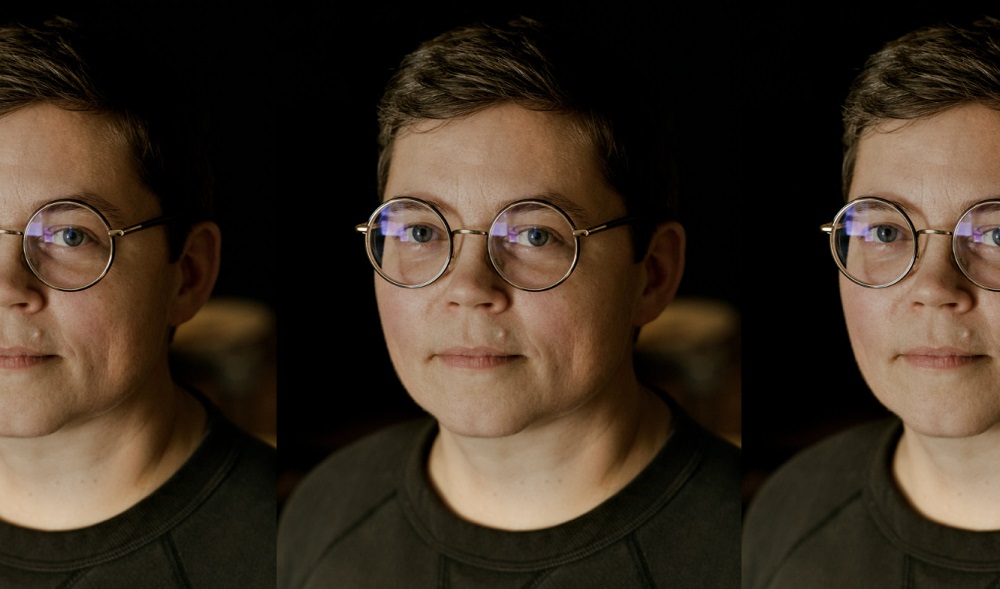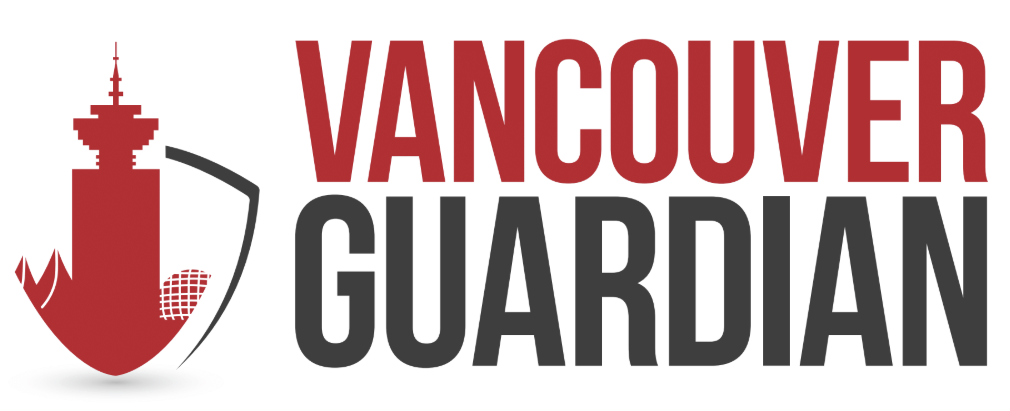Amy Nugent is the executive director of Urbanarium, a registered charity based in Vancouver. Urbanarium serves as a platform for discussing urban planning and design, engaging people through competitions, debates, and studio programming. Their goal is to create intelligent and equitable city building by involving and informing residents.

Describe your charity/non-profit/volunteer work in a few sentences.
Urbanarium is a platform for the discussion of ideas and issues about the planning and design of communities. It was always meant to be a place: not an aquarium, not a planetarium but an Urbanarium. Currently, our competitions, debates and studio programming engages with people through on-the-ground events at our little workshop studio on Granville Island; in classrooms, theatres and public spaces; and online through videos, podcasts and live streams, all in partnership with other organizations.
What problem does it aim to solve?
Our future well-being relies on intelligent and equitable city building. This requires engaged and informed residents. Urbanarium invites everyone around the planning table to explore how our cities and the forces acting on them work, what urban futures might happen and what we can do to affect those outcomes.
When did you start/join it?
I joined on January 2nd, 2020. I’m in my fifth year as executive director for Urbanarium.
What made you want to get involved?
Urbanarium is a bright and active registered charity in Vancouver, led by a Board of Directors made up of architects, landscape architects, planners, designers and developers who are passionate about city building. Over the course of their careers, they have gained knowledge and agency within the region they reside and have created programming that informs and inspires that sense of agency in others. I wanted to be part of expanding this capacity and was particularly enthralled by their series of City Debate series where two teams face off to argue for and against controversial positions. The pair that successfully changes the most minds wins. Like George Bernard Shaw said, “Progress is impossible without change, and those who cannot change their minds cannot change anything.”
What was the situation like when you started?
I started 2 months before the pandemic and all of a sudden was working from home, bringing all of our programming online while calls for justice pushed everyone to take bigger steps to better understand how cities can remain highly social and responsive to communities of all backgrounds and ages. We developed a content strategy to reach beyond urbanists so our core programming would engage and support a diverse, equity-deserving audience.
How has it changed since?
The shifts around the purposeful evolution of anti-oppression work in our cities is exciting and we’ve begun to address our own institutional oppression. Planners, architects and builders have the luxury of time, power and capacity to engage. Their planning table is their community. Urbanarium learned that an essential paradigm shift involves setting a new table and that traditional inclusive processes aren’t addressing fundamental power issues. Champions of diversity cede power, rather than occupy it. We are learning and restructuring every day.
What more needs to be done?
Urban environments are facing a convergence of overlapping crises that demand our attention. Alongside housing affordability, we must address the urgent concerns of climate change, social isolation and mental health, and ecological decline – factors that normally are at odds with lowering construction costs. Housing affordability and climate change ideas require that current codes be reviewed and queried.
How can our readers help?
Participate in our current affordable housing competition!
Decoding Density is an international invitation to imagine new possibilities for mid-rise plus apartment designs. Submissions will challenge the constraints of code and other regulations to do so.
The six-storey wood frame apartment building is becoming a standard for municipalities in the Metro Vancouver region for increasing density. And yet, designers exploring these apartment forms find that code and other regulations, combined with financial factors, generate boxes that are not affordable, do not address climate change, and struggle to offer outdoor space, light, and cultural, communal and family-orientated features.
For more information go to their website.
Where can we follow you?
PAY IT FORWARD: What is an awesome local charity that you love?
Environmental Youth Alliance (EYA) empowers youth from equity-deserving communities to become environmental stewards. Their free land-based education and paid employment training programs take place in two urban public green spaces – Strathcona Community Gardens and Renfrew Ravine.




